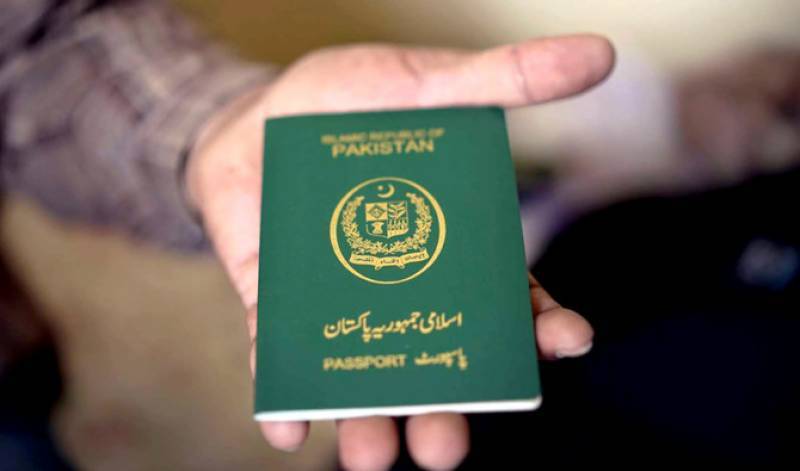Documents reviewed by NetMag reveal that the proposed Pakistan Immigration, Passport, and Visa Authority Ordinance/Act 2024 would grant extensive powers to the PIPVA board. These powers include the issuance of digital immigration documents, e-visas, machine-readable passports, and Pakistani citizenship certificates. The authority would oversee all immigration, passport, and visa operations at every entry and exit point in Pakistan. Key proposed functions of PIPVA include:
READ MORE: PTA Introduces National Roaming Services on Makran Coastal Highway
- Digital Services: The authority would handle the issuance of digital immigration documents, e-visas, machine-readable passports, and Pakistani citizenship certificates.
- Comprehensive Border Management: It would manage passport, visa, and immigration services at all entry and exit points and oversee systems related to National Border Management, the Exit Control List (ECL), the Passport Control List, and the Foreign Control List (FCL).
- E-Gates Implementation: The authority would facilitate the installation of e-gates at airports, land borders, and seaports to improve security and efficiency.
- Data Warehousing: Plans include establishing a data warehouse for immigration, passport, and visa information.
- Citizenship Management: The authority would be empowered to issue citizenship certificates in accordance with the Pakistan Citizenship Act 1951 and Pakistan Citizenship Rules 1952.
- Recruitment and Management: It would recruit Regional Passport Officers and Immigration Officers as needed. The Director General would be prohibited from engaging in other business or employment during their tenure.
The proposal has sparked concerns, particularly regarding national security and the consolidation of critical functions. The Ministry of Interior has warned that integrating border management, passport issuance, and immigration control under a single autonomous body could pose serious legal and security risks.
The ministry raised concerns about potential data breaches, especially if private sector directors are involved in the PIPVA board. It also opposed granting the board complete autonomy over the Exit Control List (ECL) and immigration procedures, which traditionally fall under the FIA’s jurisdiction.
According to the Interior Ministry, FIA personnel are specially trained to handle such tasks, including detecting fraudulent travel documents and managing the Integrated Border Management System (IBMS). The ministry cautioned that passing the PIPVA ordinance could jeopardize Pakistan’s international reputation in areas such as human trafficking prevention, which is closely monitored by international bodies like the US government and the United Nations.
The establishment of PIPVA could undermine the current “One Roof” border management concept, which integrates various agencies under the FIA’s leadership to combat human smuggling and trafficking effectively. Consequently, the Ministry of Interior recommends that the management of international borders, immigration, and related databases remain under the control of federal law enforcement agencies like the FIA to ensure national security and maintain the integrity of sensitive operations.



